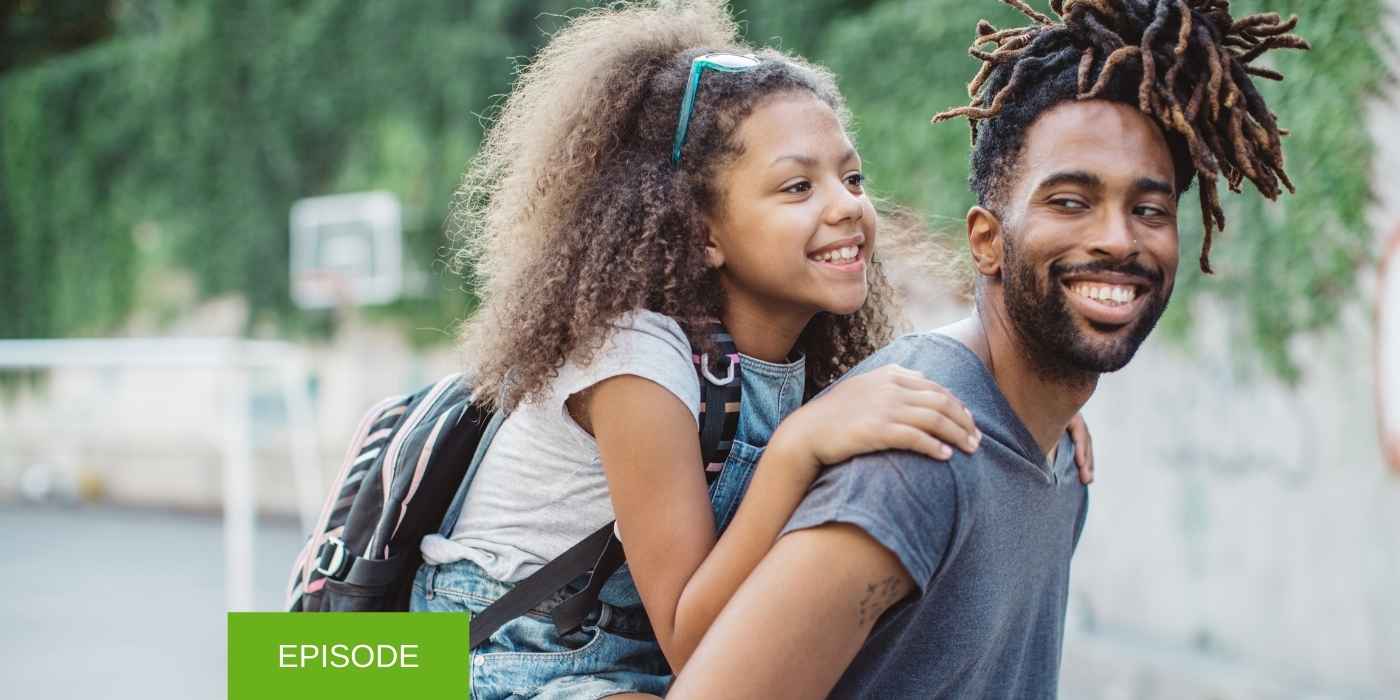
We talk with Dr. Ann Ishimaru of the University of Washington about correcting the power imbalance between schools and low-income families and families of color. We also discuss “learning loss” and why families of color are much more reluctant than white families to return to in-person learning as the pandemic eases.
Overview
00:00-00:42 Intros
00:42-01:47 Disjuncture between theory and practice in school/parent/community relationships
01:47-03:55 How we got here in the disjuncture
03:55-05:20 Why deficit-based narratives persist despite the evidence
05:20-06:49 Narratives based on class and race myths
06:49-10:53 Learning loss—what it is and isn’t; how it is measured
10:53-13:14 How definition of learning loss will impact stimulus money allocations
13:14-14:31 Options for how stimulus money could be spent
14:31-15:34 Overturning deficit-based assumptions about low-income parents and parents of color
15:34-17:18 How the pandemic has changed assumptions about family/school relationships
17:18-20:49 How the pandemic affected students’ social-emotional and mental health
20:49-23:31 How relationship dynamics have influenced groups’ willingness to return to in-person classes
23:31-27:16 Dual Capacity Building Framework for Family-School Partnerships—strengths and areas for further development
27:16-29:55 Communities’ funds of knowledge
29:55-32:48 Making the balance of power between schools and low income families and families of color more equal
32:48-36:08 Conditions for power-sharing
36:08-38:49 Abolitionist movement in education
38:49-41:53 Solidarity-driven co-design
41:53-43:35 Outro
Transcript
Click here to see the full transcription of this episode.
References
Book “Just Schools: Building Equitable Collaborations with Families and Communities” by Ann Ishimaru
Soundtrack by Poddington Bear
